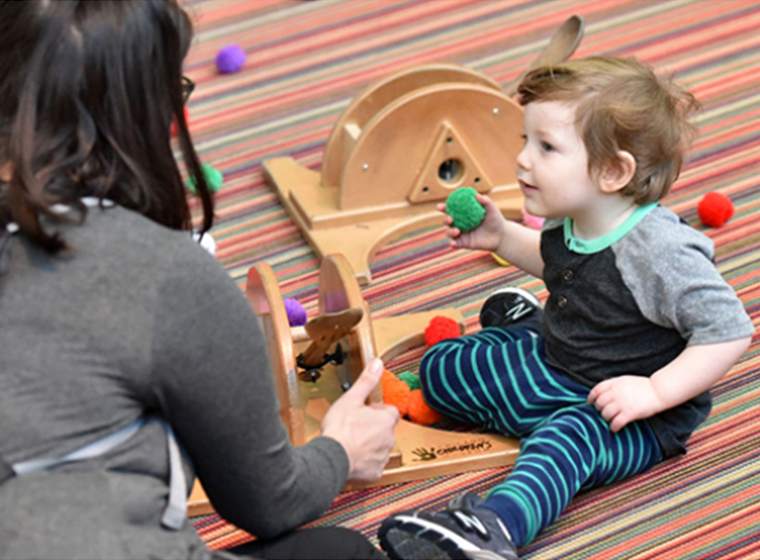Getty Images Photo for Autism Speaks/Daniel Boczarski
Story by Taylor Kinnerup | May 17
PHOENIX – A five-year study from Arizona’s Southwest Autism Research and Resource Center has helped improve autism detection in children.
In the study, SARRC’s average age of detection was 22 months. That’s more than half the average age of detection in the state reported by the Centers for Disease Control, which is 55 months.
Some cases in the study were even detected as young as 14 months.
[Listen: Arizona Autism Study Significantly Improves Average Age of Detection]
Dr. Christopher Smith, vice president and research director at SARRC, said early detection is key.
“It’s just like anything else, like any other type disorder,” Smith said.
“If you feel yourself kind of getting a cold you want to get in there and treat it early … You want to address any kind of medical condition early. Autism is no different.”
The primary driver of the study was focused on early pediatric screenings.
The American Academy of Pediatrics recommends autism screenings at 18 months and then again at 24 months.
But even with those recommendations, there isn’t a standardized process for detection.
“Some pediatricians screen, some people don’t,” Smith said.
“Some screen just by using their own clinical judgment, some use a screening questionnaire,” he said, conducted with a parent.
For the study, pediatricians screened patients at 12 months, 18 months and 24 months.
If a child failed the screening, he or she were referred to SARRC to be evaluated and diagnosed.
“The benefit of early detection is that kids who are identified early could possibly need less intensive treatment for a short period of time,” Smith said.
“Where as if they’re diagnosed later, then they have many more symptoms that need to be addressed in treatment.”
Children diagnosed with autism were also automatically enrolled into SARRC’s online treatment program.
A research grant from the National Institute of Mental Health keeps the evaluations free.
The study ends in June, but Arizona Complete Health will start training some of its pediatricians in the testing before the end of the year.
“There is such a high volume of individuals out there that need an evaluation that we really need practitioners that are just detecting autism,” Smith said.
On average, one in 71 children under the age of 8 in Arizona is diagnosed with autism, but Smith said with the expansion of early detection that number may change significantly.
“There’s research in other countries that show the prevalence rates of autism to be about a third of the population,” he said.
“So, one in 30, 35, 40, somewhere in that neighborhood, is probably a more accurate representation of the number of people who actually affected with autism spectrum disorder.”

